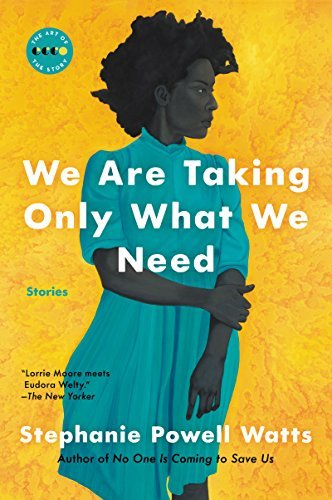What do you think?
Rate this book


In these powerfully rendered, prizewinning stories, working-class African Americans across the South strive for meaning and search for direction in lives shaped by forces beyond their control
The ten stories in this resonant collection deal with both the ties that bind and the gulf that separates generations, from children confronting the fallibility of their own parents for the first time to adults finding themselves forced to start over again and again.
In “Highway 18” a young Jehovah’s Witness going door to door with an expert field-service partner from up north is at a crossroads: will she go to college or continue to serve the church? “If You Hit Randall County, You’ve Gone Too Far” tells of a family trying to make it through a tense celebratory dinner for a son just out on bail. And in the collection’s title story, a young girl experiences loss for the first time in the fallout from her father’s relationship with her babysitter.
Startling, intimate, and prescient on their own, these stories build to a kaleidoscopic understanding of both the individual and the collective black experience over the last fifty years in the American South. With We Are Taking Only What We Need, Stephanie Powell Watts has crafted an incredibly assured and emotionally affecting meditation on everything from the large institutional forces to the small interpersonal moments that impress upon us and direct our lives.
231 pages, Kindle Edition
First published November 30, 2011